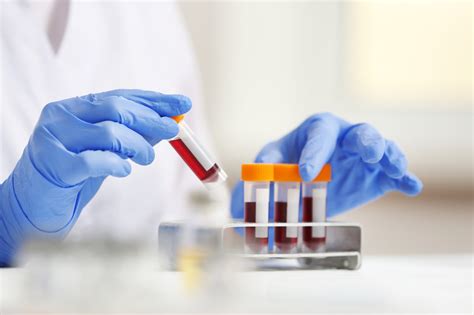Itching While Pregnant

Pregnancy is a complex and multifaceted physiological state, marked by a myriad of changes that can affect nearly every system in the body. Among the numerous symptoms and discomforts that can arise during this period, itching is a relatively common complaint, experienced by a significant proportion of pregnant women. The sensation of itching, or pruritus, can range from a mild annoyance to a severe and debilitating condition, impacting the quality of life and overall well-being of those affected.
Understanding Itching During Pregnancy
Itching during pregnancy can be attributed to a variety of factors, reflecting the dynamic interplay of hormonal, physiological, and sometimes pathological changes that occur in the body. One of the primary causes is the significant increase in circulating blood volume and the subsequent stretching of the skin, particularly over the abdomen. This stretching can lead to dryness and irritation, contributing to itchiness. Furthermore, hormonal fluctuations, especially the rise in estrogen levels, can affect the skin’s sensitivity and contribute to pruritus.
In addition to these mechanical and hormonal factors, certain conditions specific to pregnancy can also lead to itching. For instance, a condition known as intrahepatic cholestasis of pregnancy (ICP), characterized by a reduction in bile flow, can cause severe itching due to the buildup of bile salts in the bloodstream. This condition typically presents in the second or third trimester and can be particularly distressing, often leading to sleep disturbances and significant discomfort.
Identifying the Causes
Identifying the underlying cause of itching is crucial for effective management. Healthcare providers may investigate several potential causes, including:
- Skin Conditions: Pre-existing skin conditions like eczema, psoriasis, or dermatitis can flare up during pregnancy due to hormonal changes.
- Intrahepatic Cholestasis of Pregnancy (ICP): As mentioned, this condition is marked by intense itching, usually without a rash, and is associated with an increased risk of premature birth and other complications.
- PUPPP (Pruritic Urticarial Papules and Plaques of Pregnancy): A common skin condition in pregnancy, characterized by an itchy rash that typically starts in the stretch marks of the abdomen and can spread to other parts of the body.
- Allergic Reactions: Sensitivity to new skincare products, laundry detergents, or other environmental factors can trigger allergic reactions, leading to itching.
Management and Relief
Managing itching during pregnancy requires a multifaceted approach, focusing on relief of symptoms while ensuring the safety of both the mother and the fetus. Here are some strategies that may provide relief:
- Moisturizing: Keeping the skin well-moisturized can help reduce dryness and irritation. Oil-based moisturizers or creams rich in emollients can be particularly effective.
- Cool Baths: Soaking in a cool bath or using a cool compress can help reduce itching sensation.
- Avoid Irritants: Identifying and avoiding substances that may irritate the skin or trigger allergic reactions is essential.
- Medications: In some cases, over-the-counter or prescription medications may be recommended by a healthcare provider. For conditions like ICP, specific treatments aimed at reducing bile salts may be prescribed.
- Lifestyle Modifications: Wearing loose clothing, staying in cooler environments, and avoiding scratching (possibly by keeping fingernails short) can also help manage itching.
When to Seek Medical Attention
While itching can be a common symptom during pregnancy, there are instances where medical attention is necessary. Women should seek care if they experience:
- Severe itching that interferes with daily activities or sleep
- Itching accompanied by a rash, especially if the rash is severe or widespread
- Itching that does not improve with moisturizers or other home remedies
- Concerns about a specific skin condition or reaction
Conclusion
Itching during pregnancy, while common, should not be dismissed as a mere annoyance. Understanding its causes and seeking appropriate management can significantly improve the quality of life for pregnant women. Given the potential for itching to be a symptom of underlying conditions that may impact pregnancy outcomes, vigilant monitoring and healthcare guidance are essential. By combining self-care strategies with medical supervision when necessary, women can navigate this symptom with minimal disruption to their health and well-being.
What are the most common causes of itching during pregnancy?
+The most common causes of itching during pregnancy include stretching of the skin, hormonal changes, and specific pregnancy-related conditions like intrahepatic cholestasis of pregnancy (ICP) and PUPPP (Pruritic Urticarial Papules and Plaques of Pregnancy).
How can I relieve itching during pregnancy?
+Relief from itching during pregnancy can be achieved through moisturizing, cool baths, avoiding irritants, and in some cases, medications prescribed by a healthcare provider. It’s also important to stay cool, wear loose clothing, and avoid scratching.
When should I seek medical attention for itching during pregnancy?
+Seek medical attention if you experience severe itching that interferes with your daily life, itching accompanied by a rash, or if home remedies do not provide relief. It’s also crucial to consult a healthcare provider if you suspect an underlying condition like ICP.

